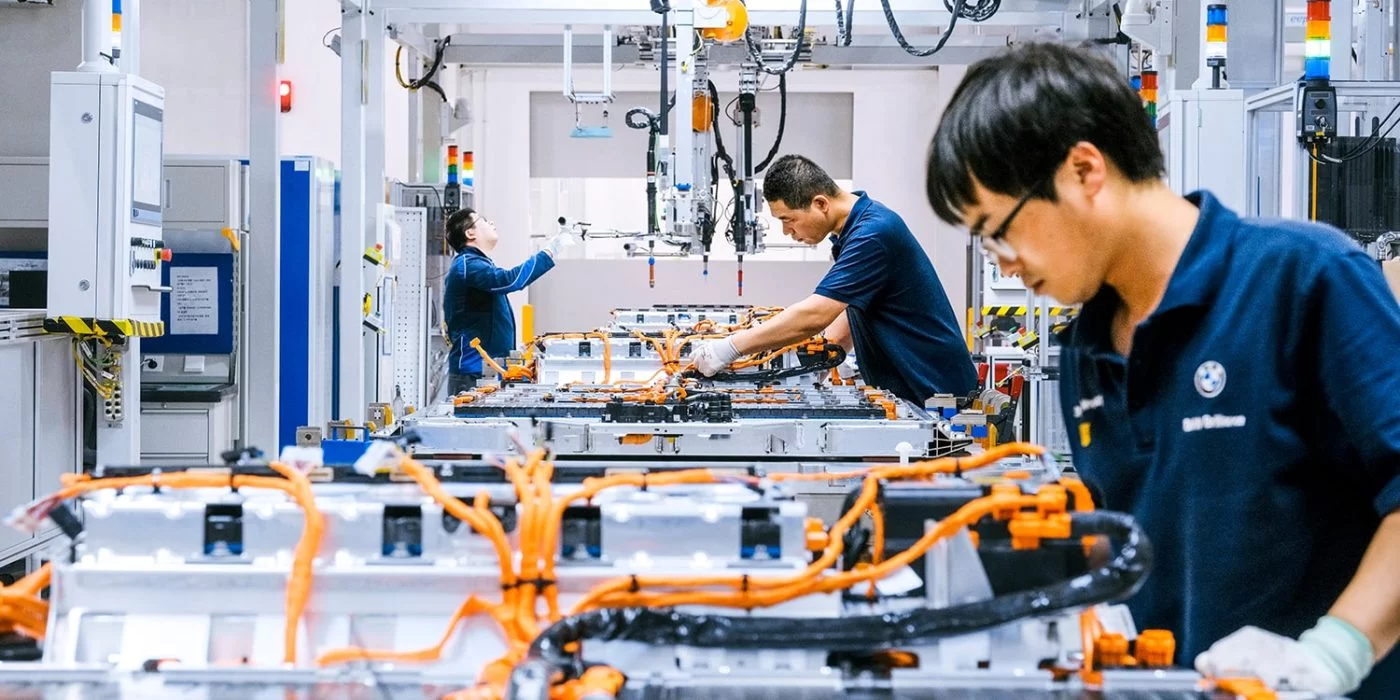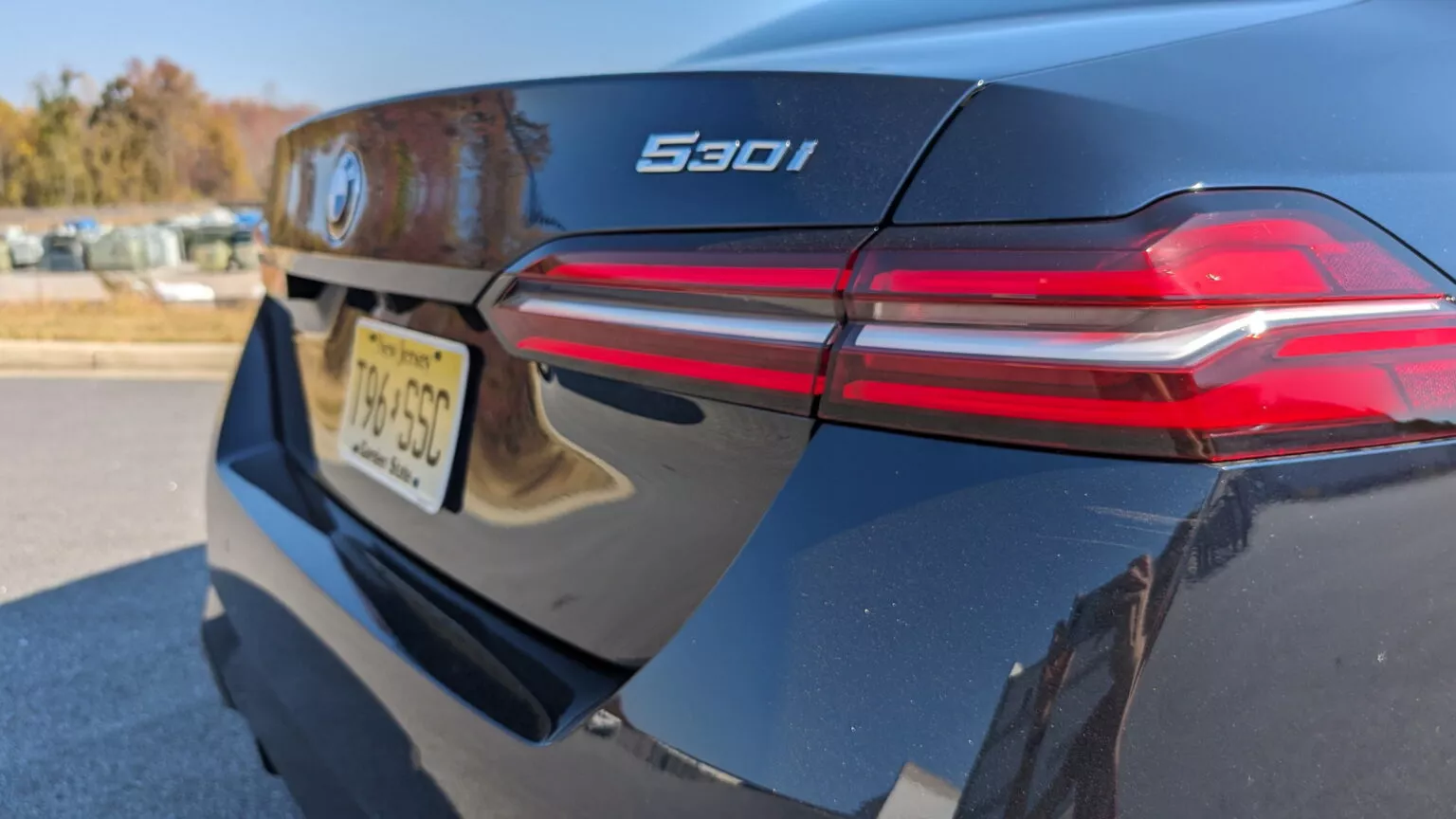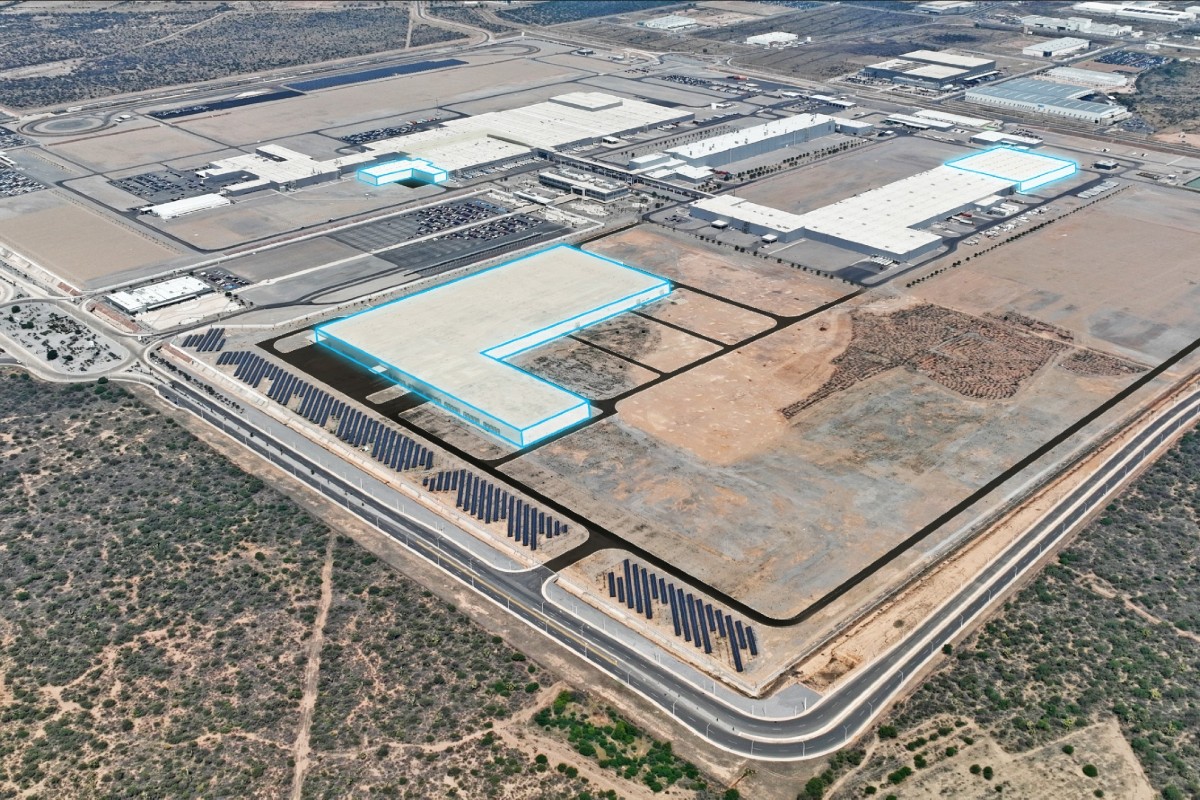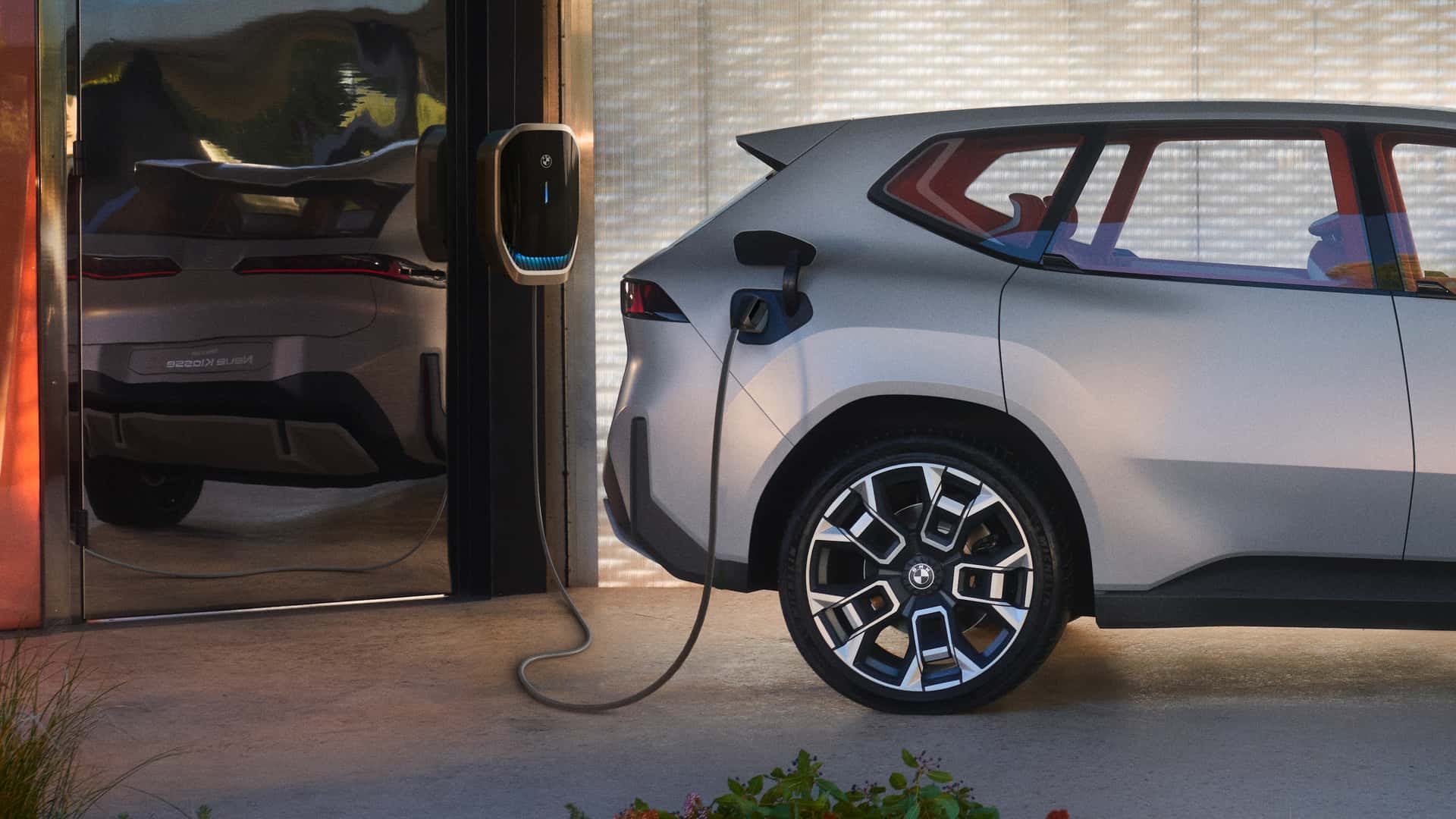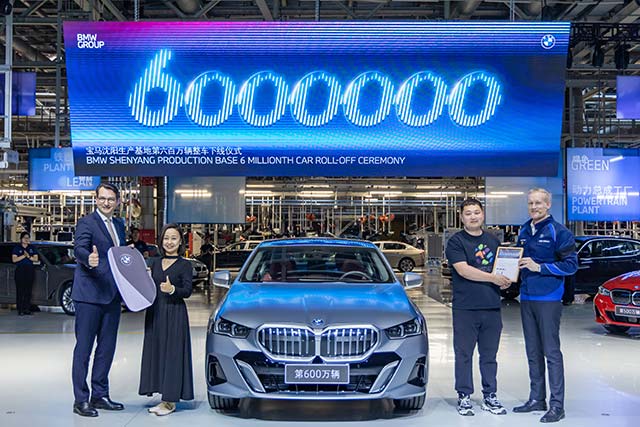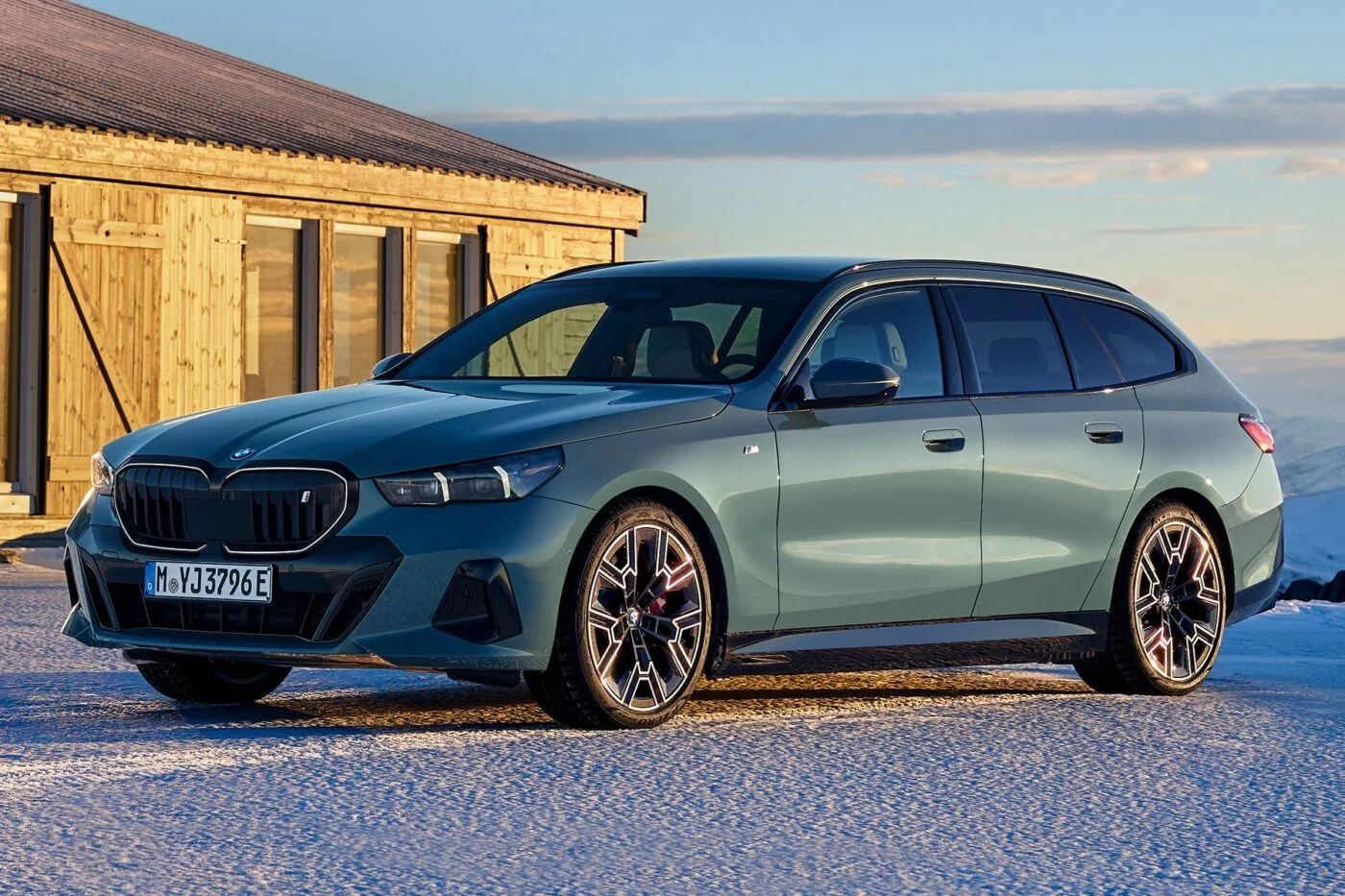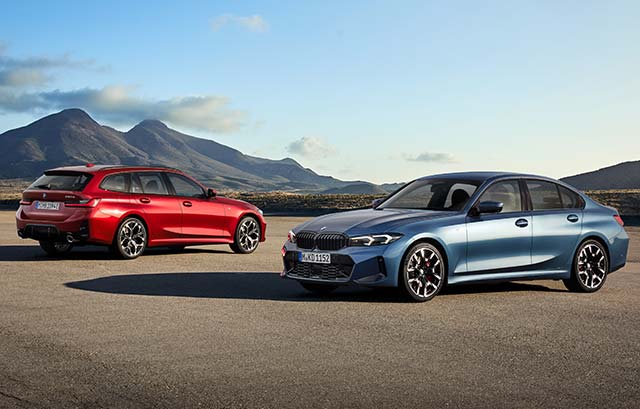BMW has announced a substantial investment of $2.8 billion in its plant in Shenyang, China, to prepare for the production of electric cars from its Neue Klasse (New Class) model family. The investment follows the signing of a letter of intent between BMW and the province of Liaoning, where the BMW plants are located.
Approximately a year ago, BMW revealed its plans to manufacture the Neue Klasse electric cars in China. The Chinese joint venture BMW Brilliance Automotive (BBA) in Shenyang will produce a model based on the Neue Klasse from 2026, along with the necessary battery packs featuring large-volume round cells.
BBA has multiple plants in Shenyang, where electric models are already being produced. For instance, the iX3 is manufactured at the Dadong plant, while the i3 eDrive 35L, an electric version of the 3 Series saloon, is built at the plant in the Lydia district. Shenyang boasts a production capacity of 830,000 vehicles per year across its three plants, making it the world’s largest BMW plant. However, the US plant in Spartanburg is technically the largest BMW plant on paper, with most BMWs from Shenyang intended for the Chinese market and only the iX3 being exported.
Reports suggest that a significant portion of the investment will go towards the Dadong plant, which will be the location for vehicle production. The specific Neue Klasse model that will debut in China has not yet been disclosed. In Europe, the Neue Klasse will debut in 2025 with an electric SUV the size of the X3, previewed by the BMW Vision Neue Klasse X concept. Following this, an electric saloon in the 3-series format from the Munich plant will arrive in 2026, based on the IAA Vision Neue Klasse concept.
Shenyang joins four other production sites for the Neue Klasse electric cars, including Debrecen in Hungary, Munich in Germany, San Luis Potosí in Mexico, and Spartanburg in the US. BMW plans to launch at least six models within 24 months for these electric cars from 2025.
“The new investment underlines not only our confidence in China’s long-term economic prospects, but also in the innovation capabilities of our Chinese partners,” said Oliver Zipse, Chairman of the Board of Management of BMW.

